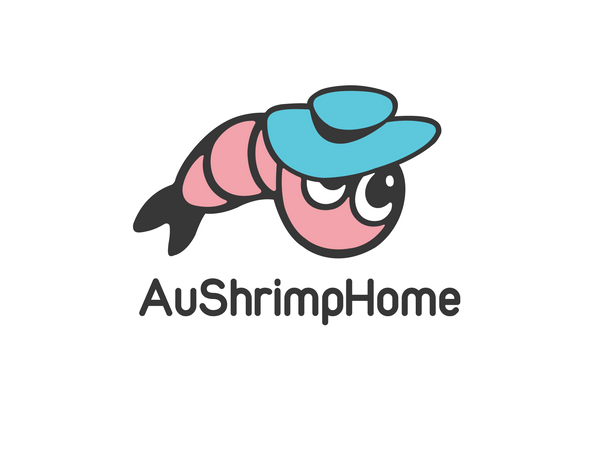
The right food for aquarium shrimp Cherry Crystal Shrimp
Share
Providing the right food for aquarium shrimp is essential for their health, growth, and overall well-being. Shrimp have specific dietary needs that must be met to ensure they thrive in their aquatic environment.
Types of Food for Shrimp
-
Commercial Shrimp Food:
- Pellets and Granules: Formulated specifically for shrimp, these provide balanced nutrition, including proteins, vitamins, and minerals.
- Flakes: Some shrimp food comes in flake form and can be suitable for certain species. Ensure it is high-quality and appropriate for shrimp.
-
Algae Wafers:
- Rich in essential nutrients, algae wafers are a good food source, especially for herbivorous shrimp. They help in maintaining digestive health.
-
Vegetables:
- Blanched Vegetables: Carrots, zucchini, spinach, and other vegetables can be blanched (boiled briefly) and added to the tank. They provide natural nutrients and are a great supplement to commercial food.
-
Frozen Foods:
- Brine Shrimp and Daphnia: These provide a good protein source and are particularly useful for feeding juvenile shrimp.
- Bloodworms: An occasional treat, but not a staple as they are high in protein and fat.
-
Live Foods:
- Microorganisms: In a well-established tank, shrimp can graze on naturally occurring microorganisms and biofilm on surfaces.
- Water Fleas: Small live foods that can be fed occasionally for variety.
-
Homemade Foods:
- Gel Food: Homemade gel food made from ingredients like spirulina and other nutritious additives can be a great alternative to commercial food.
Feeding Guidelines
-
Quantity:
- Feed small amounts of food that shrimp can consume within a few minutes. Overfeeding can lead to poor water quality and health issues.
-
Frequency:
- Feed shrimp once or twice a day. Adjust the frequency based on the size of the shrimp and their activity level.
-
Variety:
- Offer a varied diet to ensure shrimp receive all necessary nutrients. A mix of commercial food, vegetables, and occasional live or frozen foods provides balanced nutrition.
-
Observation:
- Monitor how much food shrimp are eating and adjust the amount accordingly. Remove any uneaten food to prevent water quality issues.
-
Supplementation:
- Ensure that any additional food is nutritionally balanced and free from harmful additives or contaminants.
Special Considerations
-
Baby Shrimp:
- Provide finely crushed or powdered food suitable for tiny mouths, or rely on biofilm and microorganisms in the tank.
-
Species-Specific Needs:
- Some shrimp species have specific dietary requirements or preferences. Research the needs of the particular shrimp species in your tank.
-
Water Quality:
- Maintain good water quality by avoiding overfeeding and regularly performing water changes. Uneaten food can degrade water quality and harm shrimp.
-
Nutritional Additives:
- Consider adding supplements like calcium for shrimp that require additional support for exoskeleton health.
Providing a balanced and varied diet tailored to the needs of your shrimp helps ensure their health, vitality, and longevity. Regular feeding and monitoring contribute to a thriving aquarium ecosystem.
